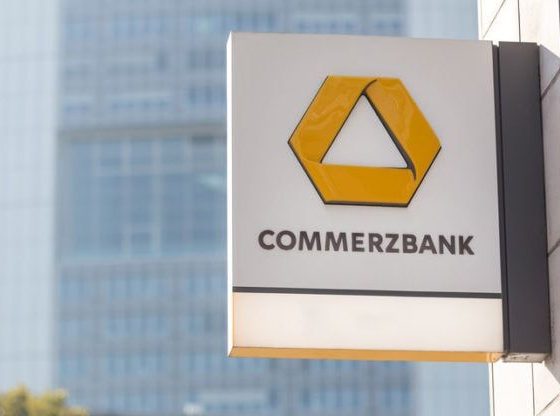Chinese electric vehicles (EVs) are poised to maintain their competitiveness in Europe, despite the European Union’s introduction of additional tariffs.
Even with the revised rates that were lowered last month, Chinese automakers are expected to continue expanding their presence in the European market.
In August, the EU adjusted its tariff rates on Chinese auto imports, reducing the tax burden for major manufacturers.
According to a report in CNBC, BYD, one of China’s leading automakers, saw its tariff reduced from 17.4% to 17%, while Geely’s rate fell from 19.9% to 19.3%. SAIC, another prominent Chinese manufacturer, also received a reduction, with its tariff dropping from 37.6% to 36.3%.
However, research group Rhodium noted that to truly discourage Chinese EV manufacturers from exporting to Europe, tariffs would need to reach as high as 50%. For vertically integrated companies like BYD, which control much of their supply chain, the threshold may need to be even higher.
Tariffs: a speed bump, not a roadblock for China’s EV rise
The current tariff rates are unlikely to significantly disrupt Chinese EV makers’ plans in Europe, according to Joseph McCabe, President and CEO of AutoForecast Solutions. He explained that while these tariffs pose some challenges, they are far from an insurmountable obstacle.
“Tariffs on Chinese-made EVs will create a hurdle, but not a barrier to entry,” McCabe told CNBC.
He also highlighted the difference between EU and North American tariffs, noting that while North America has implemented much harsher tariffs, the European market remains more interconnected with Chinese original equipment manufacturers (OEMs).
For instance, the United States imposed a 100% tariff on Chinese EVs in May, with Canada following suit last month.
In contrast, the EU’s tariffs are less severe, reflecting a delicate balance between promoting domestic production and maintaining crucial ties with Chinese manufacturers.
Affordable Chinese EVs: a challenge for European automakers
While the EU works to limit Chinese imports, Chinese automakers are continually rolling out affordable EV models for European consumers.
At a conference earlier this year, Chinese giant BYD introduced its Dolphin model to the European market, priced under $21,550.
The Dolphin is a rebranded version of the Chinese Seagull model, showcasing China’s ability to bring cost-effective options to the table.
Comparatively, Tesla’s Model 3, one of the most affordable options from a Western EV manufacturer, sells for $44,480 in the UK.
Even with the 17% import tariff, BYD’s Dolphin will still be around $23,270 cheaper than Tesla’s China-manufactured Model 3.
In response to the growing competition from Chinese brands, German automaker Volkswagen has announced plans to release a budget-friendly EV for Europe, targeting a price point of around $21,476 by 2027.
This is a clear indication that European manufacturers are feeling the pressure to match China’s affordability.
Market share over profitability in EV space
“Now, profitability takes a back seat to market share,” McCabe commented.
He noted that investors tend to favor innovative EV companies for their potential future growth, rather than their short-term financial performance—an advantage legacy automakers lack.
William Ma, CIO of GROW Investment Group, emphasized this point, adding that attempting to curb the Chinese EV market with extreme tariffs—such as a 300% rate—would be impractical. “If they really have to kill the EV industry in China, they have to put in 300% of tariffs, which doesn’t make sense,” Ma said in a recent CNBC interview.
Potential retaliation from China looms large
McCabe also warned of potential retaliatory tariffs from China if European measures become too aggressive.
If Europe’s tariff policies cause significant harm to Chinese OEMs, there is a strong possibility that China will respond with its own set of trade barriers against European automakers.
The EU’s tariff discussions, which began in June, stem from concerns over what it views as “unfair subsidies” granted to Chinese EV manufacturers.
These subsidies are perceived as a threat to European automakers, and the EU is striving to protect its domestic industry from economic harm.
However, as Ma pointed out, these geopolitical tensions are unlikely to dissipate anytime soon.
“This geopolitical or sanction will not go away easily for the next year or two,” he predicted, indicating that the global EV landscape will remain complex for the foreseeable future.
The post Why EU tariffs won’t slow down China’s electric vehicle growth in Europe appeared first on Invezz


